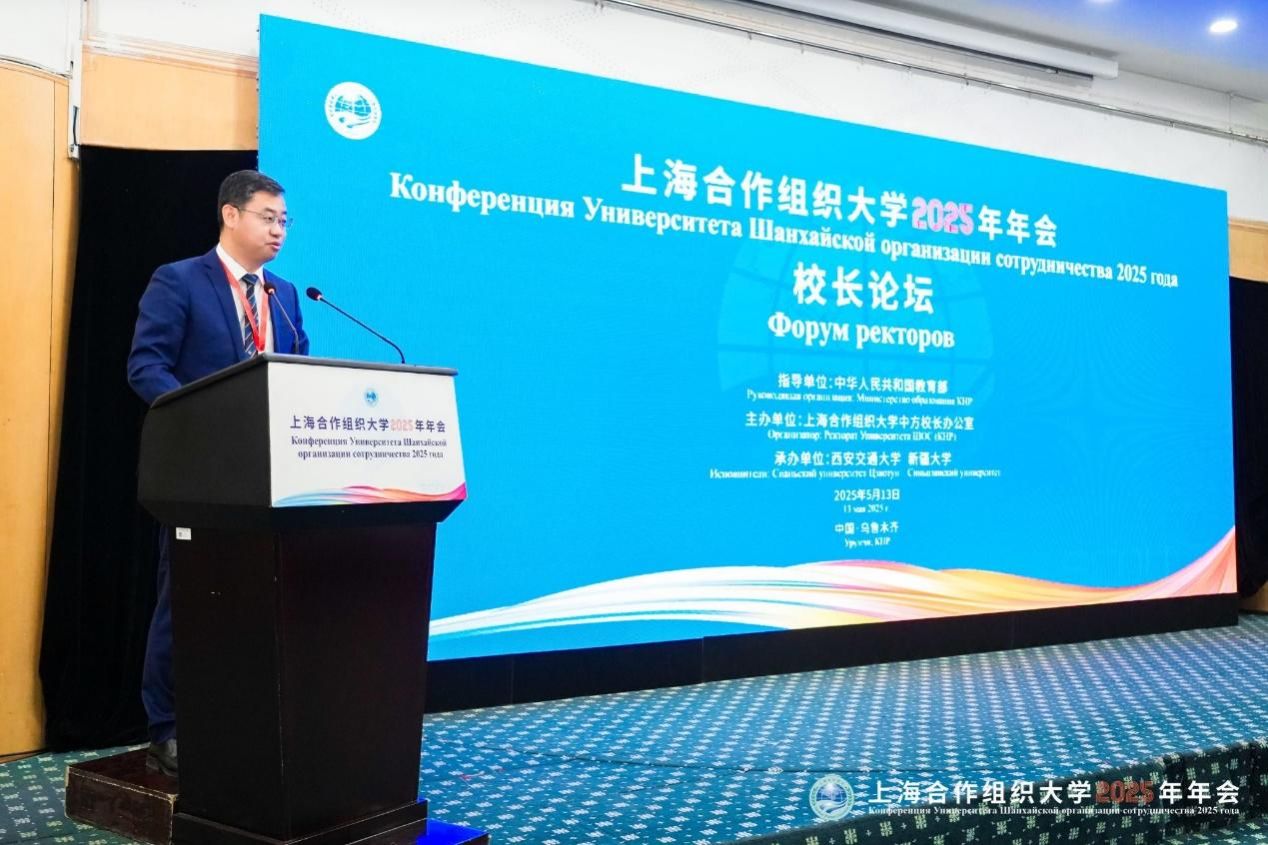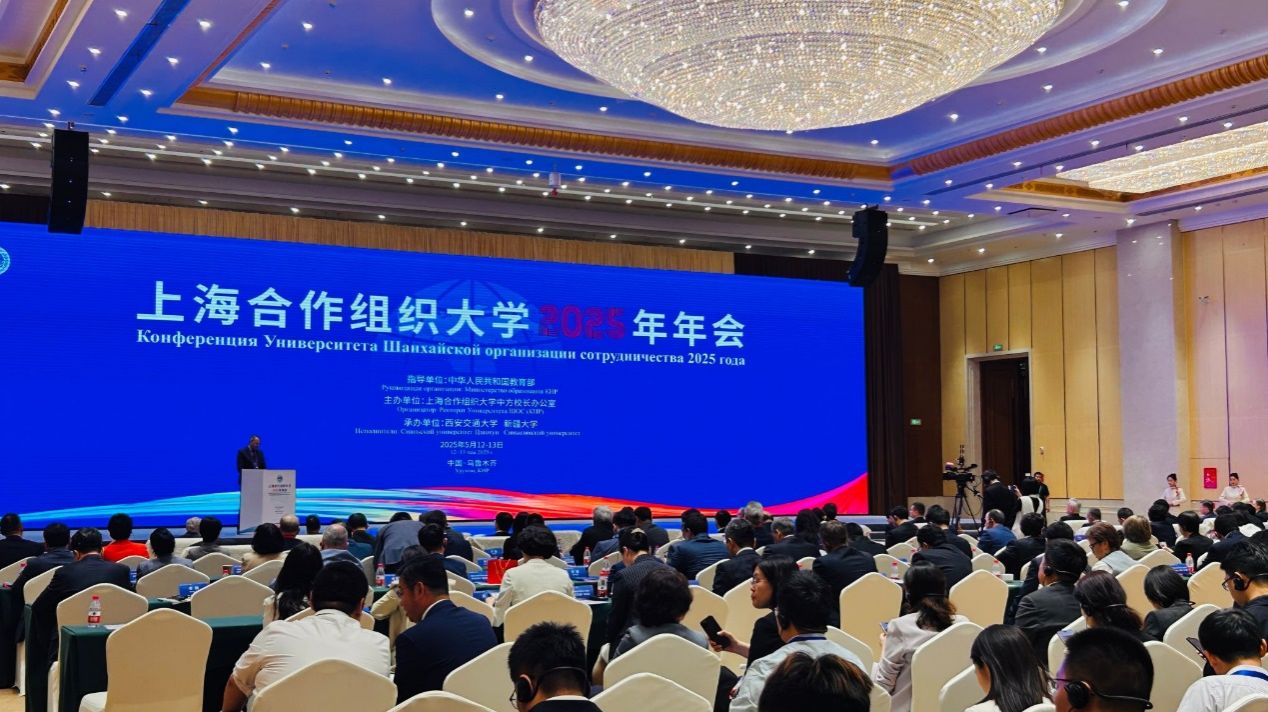Approved by the Ministry of Education of China and ratified at the 9th Shanghai Cooperation Organization University (SCO University) Education Ministers’ Meeting, Xi’an Shiyou University has been officially designated as one of China’s new partner institutions of the SCO University on July 7th. Our university has been approved to offer programs in the following four fields, including Energy Studies, Economics, Information Technology, and Regional Studies. This milestone achievement represents a crucial landmark for the university in serving national diplomatic strategies, deep integration into the Belt and Road Initiative, and elevating the university internationalization. It signifies a huge leap forward in the university’s international exchanges and cooperation, bearing profound significance for its global development.
As an industry-specific university rooted in western China and dedicated to serving the national energy strategy, our successful inclusion as a Chinese partner institution of the SCO University stands as compelling evidence of our international educational capabilities. This achievement marks a breakthrough for provincial universities on high-level, institutionalized platforms for international education collaboration. Given that most SCO member states and observer states are rich in energy resources, we will fully leverage our disciplinary strengths, focus on the energy sector, and promote in-depth integration of talent cultivation, scientific research, and cultural exchanges. Through various forms such as joint degree programs, mutual credit recognition, and short-term exchanges, we will cultivate high-caliber international talents who understand and are friendly to China, while providing faculty and students with better international learning experiences and broader platforms for international exchanges.

President Wang Jinfu attended the 2025 Annual Conference of Shanghai Cooperation Organization (SCO) Universities and was invited to moderate the session on University-Industry Integration at the University Presidents’ Forum.
The Shanghai Cooperation Organization University is a vital multilateral education cooperation network under the SCO framework. It aims to consolidate high-quality educational resources across member states and jointly cultivate high-level talents needed for regional development. Becoming a partner institution, our university will gain deep involvement in this promising platform for higher education collaboration. Aligning with China’s Belt and Road Initiative and SCO regional priorities, we will advocate substantive research partnerships with leading universities and research institutes from SCO countries, particularly in the field of energy.

The university will take this as an opportunity to implement the “Six Major Actions” proposed at the Third Party Congress of the university, and fully leverage the role of internationalization in building a high-level university. We will proactively engage with China’s coordinating mechanism for SCO Universities, collaborate closely with partner institutions, and prioritize developing distinctive, high-caliber programs centered on our flagship energy disciplines. These efforts aim to provide human resources and intellectual support for building a closer SCO community with a shared future, and contribute the “Xi'an Shiyou University’s wisdom” and “Xi’an Shiyou University’s solutions”. The approval represents both an opportunity and a responsibility, and we will spare no effort to write a new chapter of international cooperation on this vital global stage.
The Shanghai Cooperation Organization University was proposed at the SCO Bishkek Summit in August 2007. As a non-physical collaborative network among member states’ universities, it aims to enhance educational cooperation and exchange, thereby providing human resource support for various fields within the SCO framework. Currently, the SCO University comprises over 100 institutions from member states (including 48 from China) and offers programs in 11 academic fields such as Regional Studies, Ecology, and Energy Studies.